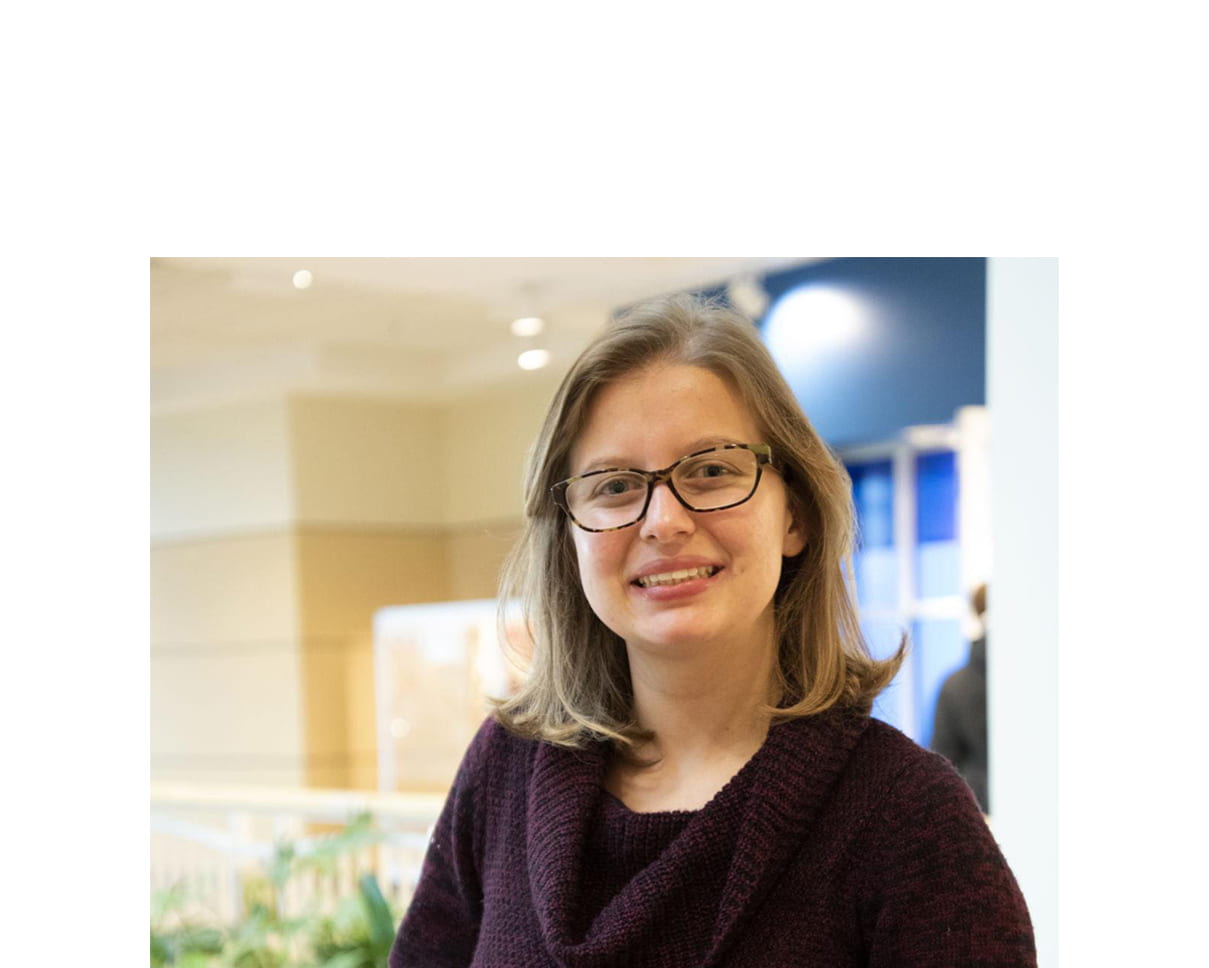Access Club at Penn State is a student organization that started in February 2020 with the goal of creating a space for all Penn State students, faculty and staff interested in learning about disability issues and advocating for a more accessible world. The following is an interview with a founder of the group, Cassie Kizis, an incoming senior and double major in geography and political science. Kizis works with students and Penn State administrators to advocate for disability resources and greater accessibility for students. Read Kizis’ 2018 The Daily Collegian article evaluating accessibility at Penn State here.
What is the mission of Access Club?
Access Club aims to create a space for all Penn State students, faculty, and staff interested in learning about disability issues and advocating for a more accessible world. Our hope is that we will especially be successful in growing our membership of students with disabilities so we can bond and discuss shared experiences. We believe there is strength in numbers and if we can grow our club we will be able to better support and advocate for our peers with disabilities.
Why did you start Access Club?
I was born with hearing loss and wear hearing aids, but I did not realize how inaccessible the world still is to other people with disabilities until I came to Penn State. My accessibility needs are not dependent on the built environment, and they are not heavily dependent on the actions of others, so there was a huge knowledge gap in my understanding of accessibility. When I was a freshman at Penn State, I was a news reporter for the Daily Collegian and decided to write a piece examining the accessibility of Penn State. A fellow reporter put me in contact with Sean Brame, a student and quadruple amputee passionate about accessibility. Sean sometimes navigates the world in his wheelchair and sometimes wears prosthetics to walk. I did a feature-length interview with Sean, during which he walked me all over campus and talked about points of access that could use improvement for students with disabilities. My interview with Sean was a huge eye-opener and I wondered why there were not student groups focused on campus accessibility. Two years later I finally began organizing Access Club, and so far it has attracted an awesome group of students.
Whats activities and initiatives do you have planned for the coming year?
Firstly, we aim to raise awareness about the club and grow our club membership. Since I am a senior, it is important to me that Access Club has a strong foundation of dedicated students from which to grow.
We aim to have a mixture of weekly online meetings and socially-distanced meetings when possible
We aim to discuss students’ experiences regarding campus accessibility and campus disability resources in order to understand how Penn State can better support students with disabilities on their academic journeys.
We aim to host discussion groups, policy debates, watch films, and play games. Some meeting themes will simply be bonding and getting to know each other, and other meeting themes will be more specifically focused on accessibility issues at Penn State and beyond.
One key issue Access Club hopes to address this upcoming school year is assessing Penn State’s evacuation plans for students with disabilities in the event of an emergency. As a club we want to ensure that these plans are thorough and effective for all students. We feel that student perspectives are highly relevant to the practicality and application of such plans. We have begun discussions with Penn State administrators regarding these plans and we look forward to continuing these discussions.
What challenges do you see facing the disability rights movement in the United States?
I believe that the United States must continuously renew its dedication to disability rights. The Americans with Disabilities Act made real progress in improving accessibility for people with disabilities, but there is still much to be done to ensure that people with disabilities can more fully participate in American life. As a person with a disability who works closely with peers who also have disabilities, I know that patience and consistency is key to the movement. These qualities are important for disability rights activists because we must be persistent in our advocacy to further accessibility and disability legislation. These qualities are also important for allies, because everyone can do more to support people with disabilities. Whether it is remembering that a student may be late to class on occasion due to a physical disability or being mindful of always facing someone with hearing loss when speaking to them, small steps can greatly support and assist people with disabilities.
How can Penn State support students with disabilities?
I think that Penn State can continue to support students with disabilities by consistently collecting data on students’ experiences and ensuring that accessibility issues are resolved as quickly and smoothly as possible. I was recently appointed to serve on a newly formed Disability Access Initiative group at the university that aims to create evidence-informed recommendations on better supporting students with disabilities. I believe this initiative is a welcome step that will ensure the university is doing the most it can to support students with disabilities. Another way Penn State can support students with disabilities is by increasing trainings offered on how to support disabled students’ education. Anecdotally I have heard that not all professors understand how to consistently apply the directives offered by the Student Disability Resources Office, and employee trainings could help remedy this issue. Finally, Penn State can support students with disabilities by continuing to champion inclusivity and diversity and remembering the intersections of disability justice. The adversity people with disabilities too often face can be compounded by racism, sexism, and other harmful issues. Women with disabilities disproportionally face sexual harassment and sexual violence. Penn State must continuously renew its commitment to combatting all of these issues.
Image courtesy of Cassie Kizis
